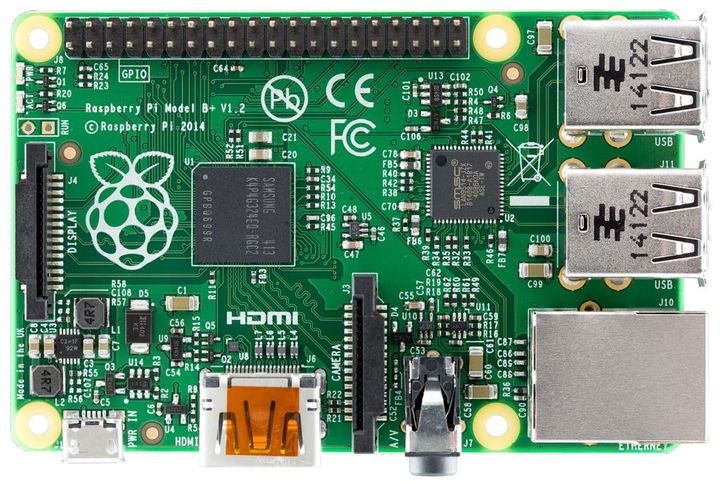
In the 1995 movie Apollo 13, there's a scene where Tom Hanks is leading dignitaries on a tour of NASA. He describes how much technology has advanced in the 1960s to bring people to the moon. Among other benefits, he cites "a computer that can fit into a single room and hold millions of pieces of information."
A single room? A half-century later, the concept sounds laughable when you consider we are now talking about nanocomputers. Even for amateur hobbyists, there is a cheap computer within reach that can do a lot of what is needed for everyday life. Called Raspberry Pi, the computer is only the size of a credit card and can take on many of the functions of a desktop today. What's more is the foundation behind it hopes the computer will encourage a lifelong love of programming in youngsters.
According to the official website, the concept for Raspberry Pi is almost a decade ago, in 2006. Several people at the University of Cambridge's computer laboratory noticed that applicants for their program seemed to have declining skills with each successive group.
They found several reasons for the problem. The school curriculum seemed to give equal weight to using programs such as Excel and Word to learning how to program. Also, students were getting used to mightier machines that could do more -- meaning that they saw programming as something that was unnecessary. In two years of development, the founders had a prototype that they felt was powerful enough for kids to run programs on. Sales began in 2012, and have exploded since then.
In February, the group announced they had created five milion Raspberry Pi computers. The profits they receive get plowed back into educational initiatives, and the community is rewarding that thinking: the group says they are the fastest-selling computer in Britain.
"We don’t think that the Raspberry Pi is a fix to all of the world’s computing issues; we do believe that we can be a catalyst," the founders wrote. "We want to see affordable, programmable computers everywhere ... We want owning a truly personal computer to be normal for children, and we’re looking forward to what the future has in store."
With the right tools now in hand, kids are creating amazing projects using the power of the tiny computer. One group of dedicated adults asked themselves what would happen if children had the chance to build their own weather station, and they were amazed at the enthusiasm that was generated.
"We gave the kids one lesson from the scheme of work, showing them how to interface with the anemometer (wind speed sensor) in code," they wrote on the Raspberry Pi website. "One thing that was clearly apparent was how engaged they were. Once their code was up and running, and was able to measure wind speed correctly, they had a lot of fun seeing who could get the fastest movement out of the sensor by blowing on it."
Other cool projects with the Pi include a goblin detector created by an eight-year-old, a bedroom Apollo spacecraft, an alarm clock that tells children when to get up just late enough to let their parents sleep a bit, and much much more. It's clear that when you give kids the power to make a difference, they will repay that trust in spades. What game-changing ideas could the youngest generation come up with, if we only gave them the chance?
Top image: Wikimedia Commons








